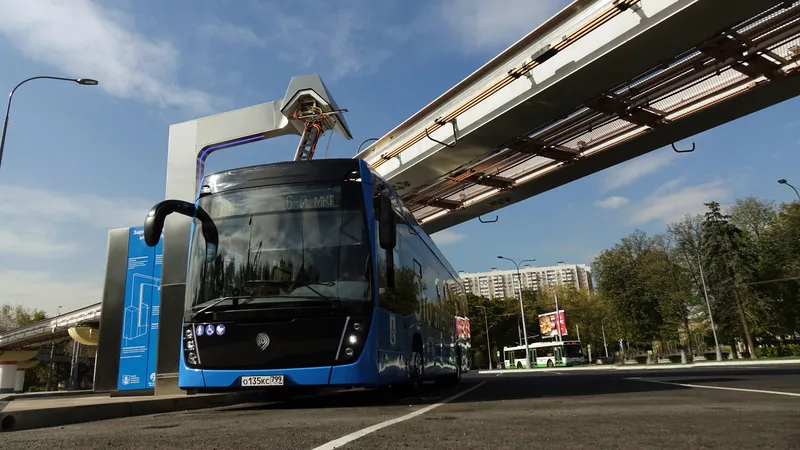Swedish telematics service provider WirelessCar was selected by Sprint to be a key technology provider in the launch of their Sprint Velocity Program. As an integral part of Sprint’s ecosystem, WirelessCar helped to build and implement an end-to-end global solution targeted to the connected vehicle industry. Sprint Velocity delivers a new capability for the auto industry, encompassing the development, integration and marketing of in-vehicle communications systems. Automakers can use Sprint Velocity as a com
November 30, 2012
Read time: 2 mins
Swedish telematics service provider 6955 WirelessCar was selected by 1018 Sprint to be a key technology provider in the launch of their Sprint Velocity Program. As an integral part of Sprint’s ecosystem, WirelessCar helped to build and implement an end-to-end global solution targeted to the connected vehicle industry.
Sprint Velocity delivers a new capability for the auto industry, encompassing the development, integration and marketing of in-vehicle communications systems. Automakers can use Sprint Velocity as a complete turnkey solution or on a modular basis to suit their needs.
Part of6956 Volvo IT, WirelessCar provides the backend telematics components that integrate and aggregate content, services and applications with focus on embedded, vehicle-related features, including diagnostics, and remote services, such as door lock/unlock. Core to this role is the extensive integration within Sprint Velocity’s ecosystem and that of the automotive OEMs, allowing for both synergy and differentiation for uniqueness of market offerings.
WirelessCar serves both the automotive and commercial vehicle sectors with services that are operational in thirty-four countries on four continents. This global service can include automatic crash notification, emergency and road side assistance, stolen vehicle tracking, an embedded hands-free telephone, a car locator, remote door unlock, and remote diagnostics, as well as online services such as e-mail access and live news.
The open architecture used by Sprint is tailored after the Next Generation Telematics Pattern (NGTP) of which WirelessCar is a co-founder. This enables the Sprint Velocity ecosystem to be flexible and able to meet ever-changing global requirements.
“Sprint recognised WirelessCar for its extensive knowledge and experience within the telematics space,” said Wayne Ward, vice president, Emerging Solutions, Sprint. “This coupled with their global footprint in fifty-plus countries supports the direction and requirements of Sprint Velocity.”
“There is a fundamental shift in the connected vehicle space with consumers expecting more and more connected functionality that changes rapidly,” said Martin Rosell, managing director of WirelessCar. “Sprint, with its deep understanding of applications and customer relationships, is a natural and complementary fit to WirelessCar as a technology provider. The Sprint Velocity solution is a new way of thought leadership in the industry.”
Sprint Velocity delivers a new capability for the auto industry, encompassing the development, integration and marketing of in-vehicle communications systems. Automakers can use Sprint Velocity as a complete turnkey solution or on a modular basis to suit their needs.
Part of
WirelessCar serves both the automotive and commercial vehicle sectors with services that are operational in thirty-four countries on four continents. This global service can include automatic crash notification, emergency and road side assistance, stolen vehicle tracking, an embedded hands-free telephone, a car locator, remote door unlock, and remote diagnostics, as well as online services such as e-mail access and live news.
The open architecture used by Sprint is tailored after the Next Generation Telematics Pattern (NGTP) of which WirelessCar is a co-founder. This enables the Sprint Velocity ecosystem to be flexible and able to meet ever-changing global requirements.
“Sprint recognised WirelessCar for its extensive knowledge and experience within the telematics space,” said Wayne Ward, vice president, Emerging Solutions, Sprint. “This coupled with their global footprint in fifty-plus countries supports the direction and requirements of Sprint Velocity.”
“There is a fundamental shift in the connected vehicle space with consumers expecting more and more connected functionality that changes rapidly,” said Martin Rosell, managing director of WirelessCar. “Sprint, with its deep understanding of applications and customer relationships, is a natural and complementary fit to WirelessCar as a technology provider. The Sprint Velocity solution is a new way of thought leadership in the industry.”










